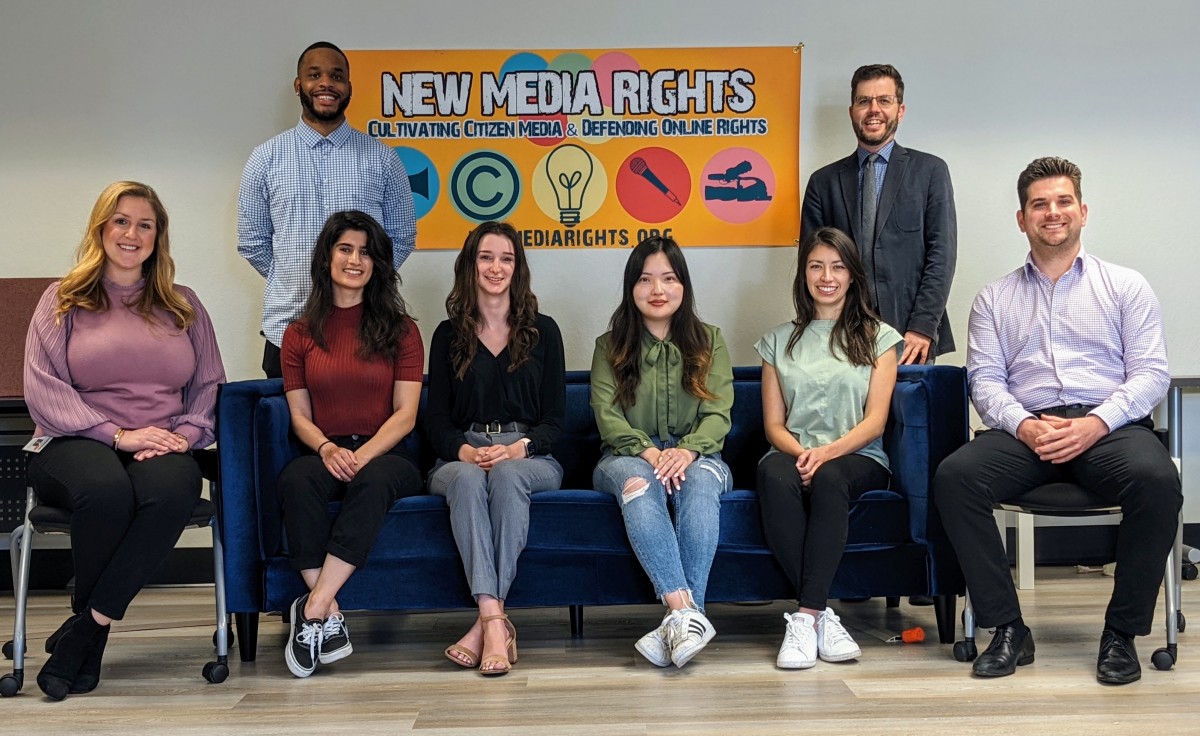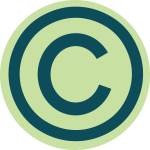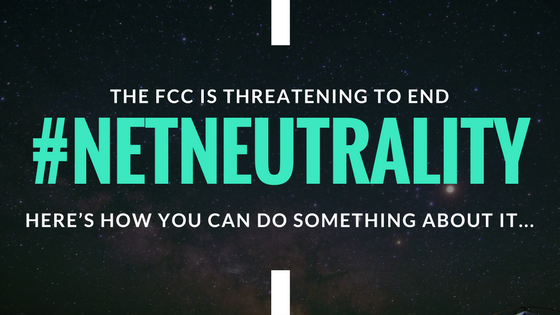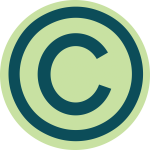Policy News and Blogs
New Media Rights Supports Copyright Registration Modernization in Copyright Office Study
Forbes Blog: What You Should Know About The New California Consumer Privacy Law
New Media Rights Joins the EFF and OTW in Latest Supplemental Filing on §1201 Anti-circumvention Exemptions
Help us protect the Open Internet: Another Fight for Net Neutrality Begins
USPTO/NTIA offer up practical steps to sow the seeds of copyright reform
2015 DMCA Anti-Circumvention Rulemaking: Significant Victories, but a Broken Process
New California privacy laws require search warrants for digital information, Smart TV disclosures, and drone restrictions
New Media Rights and KEI tell the US Trade Representative not to adopt measures that could expand the “20th century digital black hole"
New Media Rights Executive Director Art Neill reappointed to FCC Consumer Advisory Committee for a third term
Pages
Learn about our legal services for: App Developers, Artists & Graphic Designers, Bloggers & Journalists, Clothing Designers, Entrepreneurs, E-commerce Business People & Startups, Filmmakers & YouTube creators, Public Broadcasting producers,Game Developers, Internet users & Smartphone users, Makers, Musicians, Non-Profits, Photographers, Scholars, Researchers, and Writers and Publishers.

 The United States Copyright Office recently published its final rule for implementation of the procedures that are to govern the initial stages of a Copyright Claims Board (CCB) proceeding. The CCB will be a new forum where copyright small claims disputes can be heard.
The United States Copyright Office recently published its final rule for implementation of the procedures that are to govern the initial stages of a Copyright Claims Board (CCB) proceeding. The CCB will be a new forum where copyright small claims disputes can be heard. While a person doesn’t need to register their work with the Copyright Office in order to receive copyright protection, registration provides significant benefits when copyright owners need to enforce their rights against infringers. But our current registration system is a two-tiered system. It benefits large copyright holders with deep pockets, but can be complicated, expensive, and time-consuming for individuals who produce a lot of works (like video creators, bloggers, podcasters and more).
While a person doesn’t need to register their work with the Copyright Office in order to receive copyright protection, registration provides significant benefits when copyright owners need to enforce their rights against infringers. But our current registration system is a two-tiered system. It benefits large copyright holders with deep pockets, but can be complicated, expensive, and time-consuming for individuals who produce a lot of works (like video creators, bloggers, podcasters and more). New Media Rights latest Forbes post is on the
New Media Rights latest Forbes post is on the 
 Every three years the Copyright Office meets to reconsider exemptions to the DMCA Anti-Circumvention provisions. These exemptions are critical to ensuring creators and consumers’ ability to bypass technological protection measures on copyrighted works, allowing them to make fair use of works in a variety of circumstances. As
Every three years the Copyright Office meets to reconsider exemptions to the DMCA Anti-Circumvention provisions. These exemptions are critical to ensuring creators and consumers’ ability to bypass technological protection measures on copyrighted works, allowing them to make fair use of works in a variety of circumstances. As 


